http://www.thealternativedaily.com/
Looking for a bedtime snack that satisfies your cravings and helps you sleep better? Try this simple combo: a crisp apple with a spoonful of organic, natural peanut butter. It’s the perfect blend of fiber, healthy fat, and protein—everything your body needs to wind down and stay balanced overnight. Apples are rich in pectin, a […]

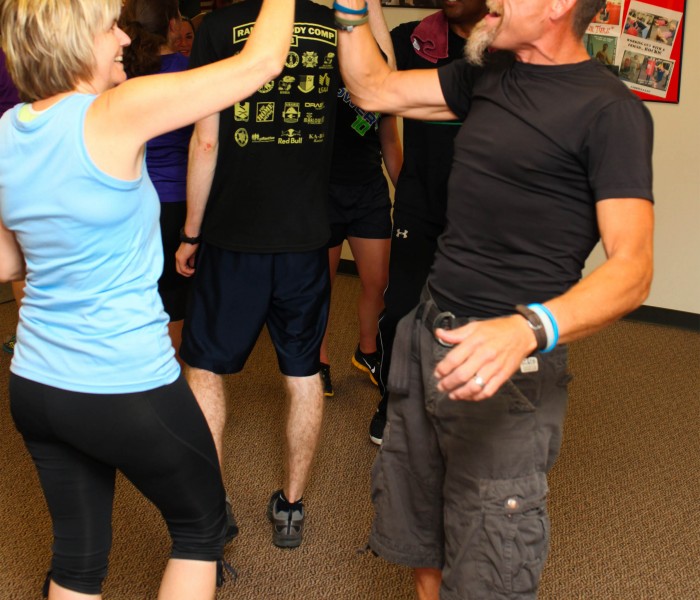
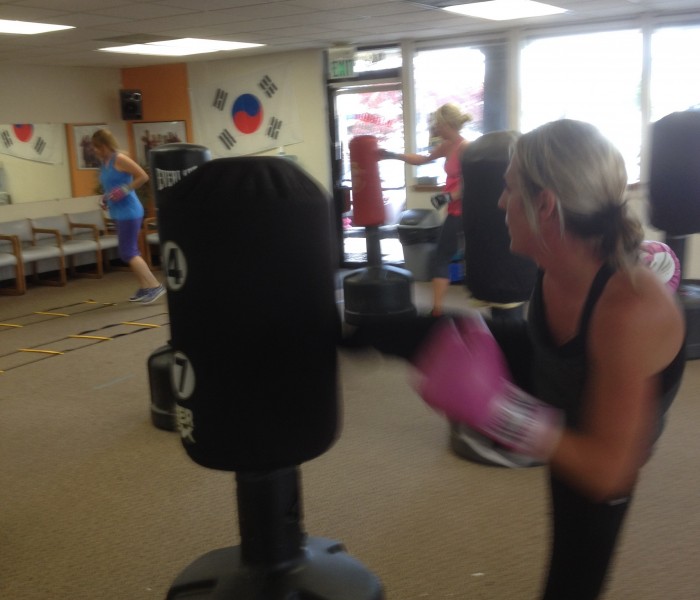

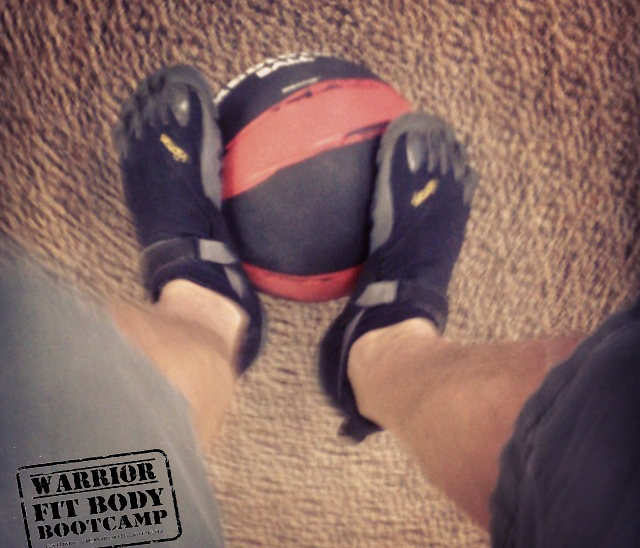

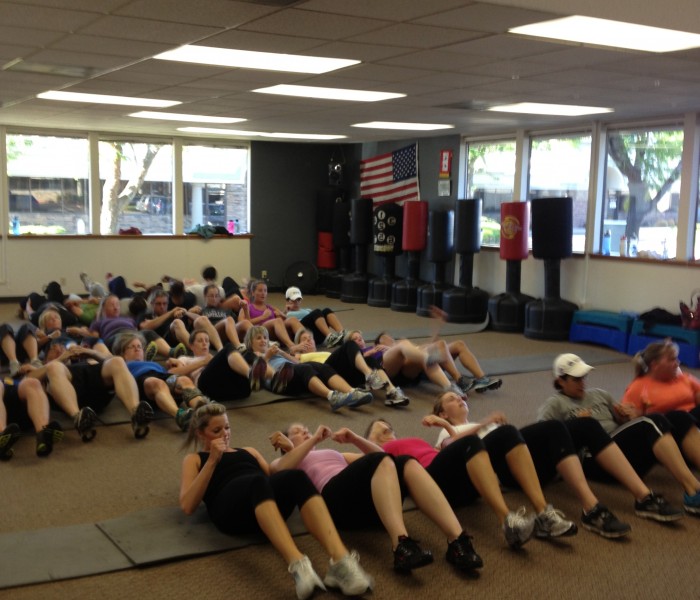
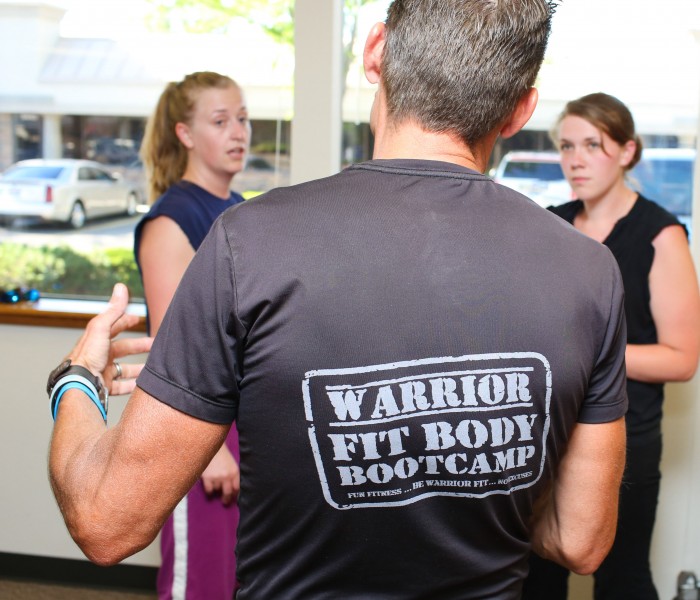
 For now classes are 6pm and 640pm at 2840 Wildwood st in the Boise Cloggers studio.
Book your class NOW!
click this ==>
For now classes are 6pm and 640pm at 2840 Wildwood st in the Boise Cloggers studio.
Book your class NOW!
click this ==>








